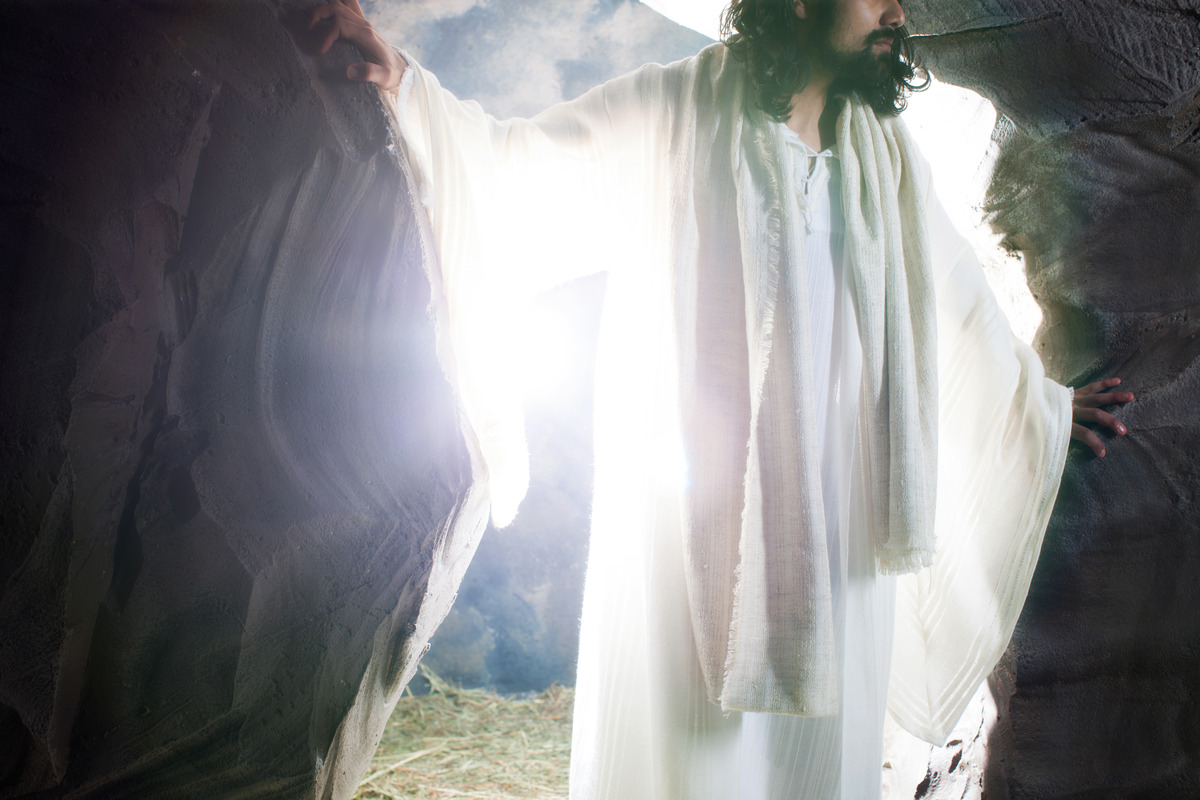
Yea, though I walk through the valley of the shadow of death, I will fear no evil: for thou art with me; thy rod and thy staff they comfort me. (Psalm 23:4)
Fear paralyzes the fearful, rendering them ineffective in that thing which they fear. Dictionary.com defines fear as “a distressing emotion aroused by impending danger, evil, pain, etc., whether the threat is real or imagined;”[1] (emphasis mine). The fact remains that 10% of most things feared or the things over which we worry never come to pass.
A long list of phobias exists which we could examine: fear of height, fear of flying, fear of germs, fear of needles, etc. However, the most ubiquitous fear held by the majority of people is the fear of dying. One can understand the nature of this fear; it is basically the fear of the unknown. What happens when one dies? Is this life all there is? Is there life after death? Do the dead come back in a different form – reincarnation? Are heaven and hell real? If heaven and hell are real, how does one arrive at one place and not the other? Does dying hurt?
For one who believes the Bible and the God of the Bible, death terminates physical life, but the spiritual essence that energizes the soul (the complete person) transitions on to eternity. The eternal destination depends on the spiritual condition of the soul at the time of death, one is either “saved”[2] or “lost.”[3]
Jesus spoke of two men who met death and ended up in different destinations.[4] Prior to Jesus’ death and resurrection, Jews believed that those who died went to the “abode of the dead” known as Sheol. Sheol had two compartments, one for the unrighteous known as “torments” and one for the righteous known as “Abraham’s bosom” or “paradise.” So the two men died, one was rich and the other a beggar. The rich man ended up in the place of torments not because he was rich, but because he was unrighteous, i.e., “lost.” The poor beggar ended up in Abraham’s bosom not because he suffered poverty, but because he was righteous, i.e. “saved.” After Jesus’ resurrection and ascension, the destination for the “saved” changed to “the presence of the Lord.” The Apostle Paul makes this clear, “We are confident, I say, and willing rather to be absent from the body, and to be present with the Lord” (2 Corinthians 5:8, emphasis mine). The lost still end up in “torments” (“hell”) to await their final destiny in the “lake of fire” that burns forever and ever.[5]
For those who do not have a personal, saving faith in Jesus Christ as their Lord and Savior, death is a legitimate fear indeed. Some may salve their fear by ignoring, or by choosing to believe that death is the end, or by hoping in reincarnation, or by imagining that they will somehow meld into the vast universe, i.e., “become one with the universe.” However, all of these notions only produce doubt, and the fear remains.
The Christian, on the other hand, should not harbor the fear of death. Death, as Paul reminded us, means that we are absent from the body, but we are present with the Lord in the same place where He resides. For the Christian, there should be no fear of death. In another place, Paul reminds us that, for Christians, our “citizenship” (“our conversation”) is not in this world, but in heaven. “For our conversation is in heaven; from whence also we look for the Saviour, the Lord Jesus Christ: Who shall change our vile body, that it may be fashioned like unto his glorious body, according to the working whereby he is able even to subdue all things unto himself” (Philippians 3:20-21, emphasis mine). For the Christian, the “afterlife” promises the possession of a physical body like that of the resurrected Christ in His presence.
I look forward to passing from this rapidly decaying world to be forever in the presence of the One who died in my place to save me from my sin for eternity. I have no fear of death. I realize that while He has me here in this world, I need to serve Him in every task that He lays before me. Then when that day comes, whether by physical death or by translation from this world into His presence in the Rapture, I will enter His courts with joy.
If you fear death or you are insecure about your eternal destiny, please read my page on “Securing Eternal Life.”


